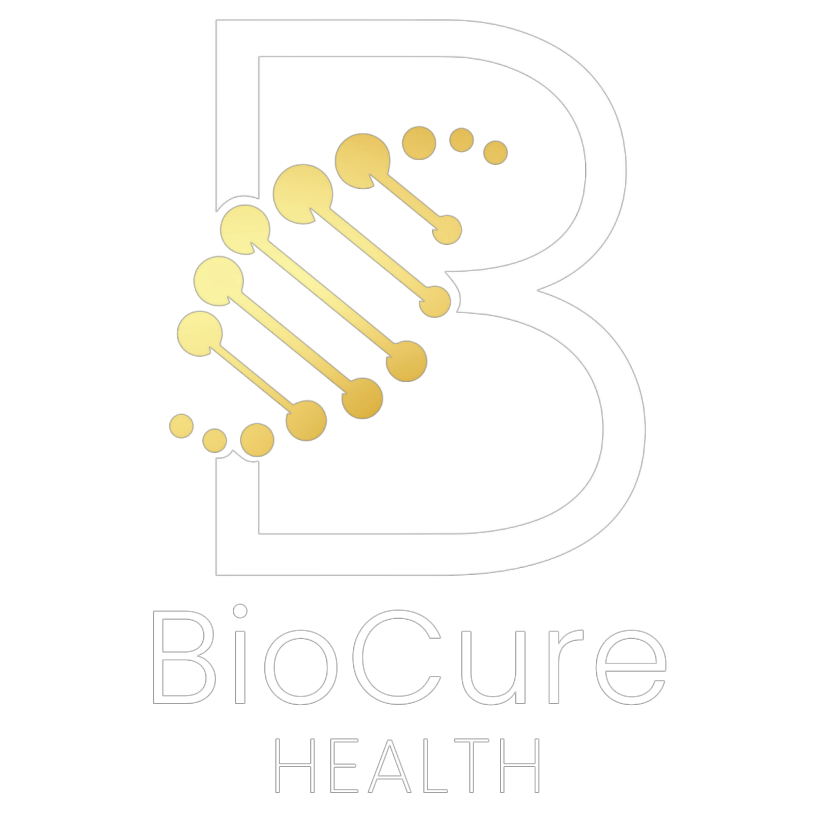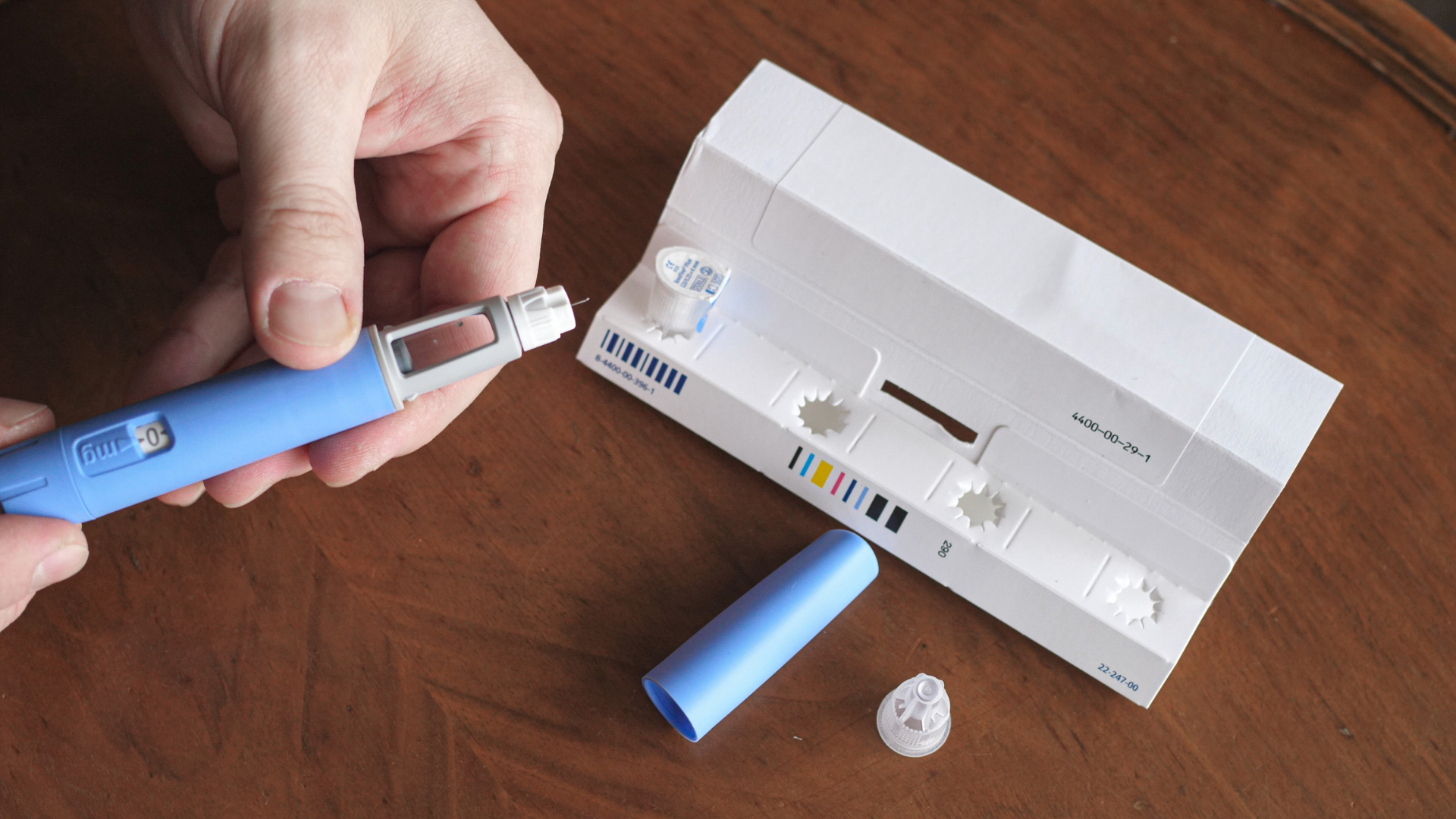Wearable technology has become a significant part of modern healthcare, revolutionizing how individuals monitor their health and manage their well-being. Devices such as fitness trackers, smartwatches, and wearable health monitors have empowered individuals to take control of their health by providing real-time data on vital statistics, physical activity, sleep patterns, and more. These advancements have led to a shift in healthcare, emphasizing preventive care and proactive health management rather than simply treating illnesses after they occur. As wearable technology continues to evolve, its impact on health monitoring and preventive care is expected to grow, transforming the future of healthcare delivery. We at BioCure personally use, and recommend the use of a few of them. Let’s dig a little deeper to see which ones we feel most benefit our patients.
One of the most significant benefits of wearable technology is its ability to provide continuous health monitoring. Traditionally, health monitoring required periodic visits to a healthcare provider, where vital statistics like heart rate, blood pressure, and oxygen levels would be measured during a brief consultation. However, wearable devices have revolutionized this process by allowing individuals to track these metrics 24/7. For example, smartwatches and fitness trackers can monitor heart rate, activity levels, and sleep cycles in real time, offering individuals a comprehensive view of their health outside of clinical settings. This continuous stream of data enables users to identify trends and changes in their health, empowering them to take proactive measures to improve their well-being. We love and recommend the Oura Ring and Apple Watch! With that said, it is important to understand that this data, is in no way meant to replace visiting a Primary Care Doctor for an in-person screening.
Wearable technology has also had a significant impact on preventive care by providing early detection of potential health issues. Many wearable devices are equipped with sensors that can detect abnormal readings, such as irregular heart rhythms, high blood pressure, or fluctuations in blood oxygen levels. These devices can alert users to these changes, prompting them to seek medical advice before a condition worsens. For example, smartwatches with electrocardiogram (ECG) capabilities can detect signs of atrial fibrillation (AFib), a common heart condition that may go unnoticed without regular monitoring. By catching these issues early, wearable technology can help prevent serious health complications, such as heart attacks or strokes, by encouraging timely interventions and treatment.
In addition to detecting health issues early, wearable devices also play a crucial role in promoting healthy lifestyle habits and behavior change. Fitness trackers, for instance, are designed to encourage physical activity by providing users with reminders to move, track their steps, and set fitness goals. Research has shown that individuals who use fitness trackers are more likely to engage in regular exercise and maintain healthier habits than those who do not use such devices. Furthermore, wearable devices can monitor sleep quality and provide insights into sleep patterns, helping individuals improve their rest and manage conditions like insomnia or sleep apnea. By offering personalized feedback, wearables encourage users to make lifestyle adjustments that can have a significant impact on their long-term health.
Another important aspect of wearable technology is its ability to integrate with other healthcare technologies, creating a more holistic approach to health management. Many wearables are designed to sync with mobile apps and cloud-based platforms, allowing users to store and analyze their health data over time. This data can be shared with healthcare providers, enabling them to track a patient’s progress, adjust treatment plans, and provide more personalized care. In some cases, wearables are integrated with telemedicine platforms, allowing for virtual consultations where health data collected from wearables can be reviewed by a healthcare provider in real time. This integration of technology facilitates more efficient and personalized healthcare, making it easier for individuals to manage their health remotely. At BioCure, we are experts in reading and deciphering these metrics.
While wearable technology offers many benefits, it is important to consider potential challenges and limitations. One concern is the accuracy of the data collected by these devices. While many wearables are equipped with advanced sensors, they are not always as precise as medical-grade equipment. For example, fitness trackers may not always provide completely accurate measurements of heart rate or calorie expenditure. Additionally, the vast amount of data collected by wearables may be overwhelming for some users, and not everyone may be able to interpret the information effectively without professional guidance.
To conclude, wearable technology has had a profound impact on health monitoring and preventive care, offering individuals a convenient and accessible way to manage their health. By providing continuous monitoring, early detection of potential health issues, and promoting healthy behaviors, wearable devices have become valuable tools for improving overall well-being. However, as with any technology, there are challenges that need to be addressed, such as data accuracy and security. As wearable technology continues to advance, it is likely that its role in healthcare will only grow, further empowering individuals to take control of their health and prevent future health problems. Find out how you can integrate your wearable data with BioCure Health and all of the amazing treatments that we can offer you from the comfort of your own home. Call or text us to schedule a free intro call at 754-206-0838.







